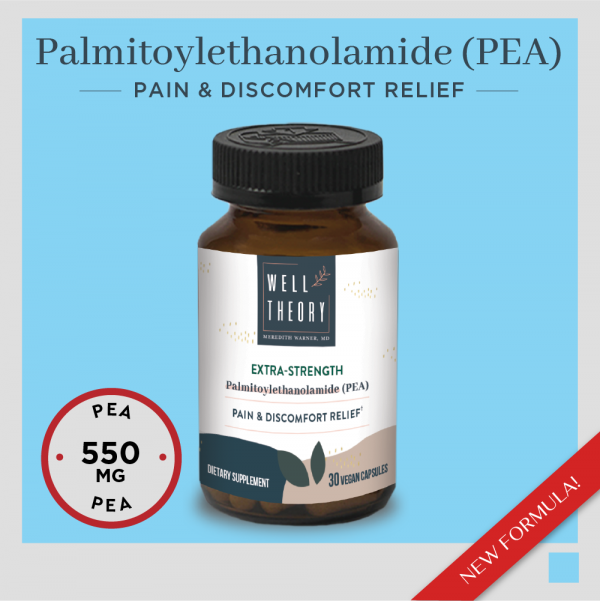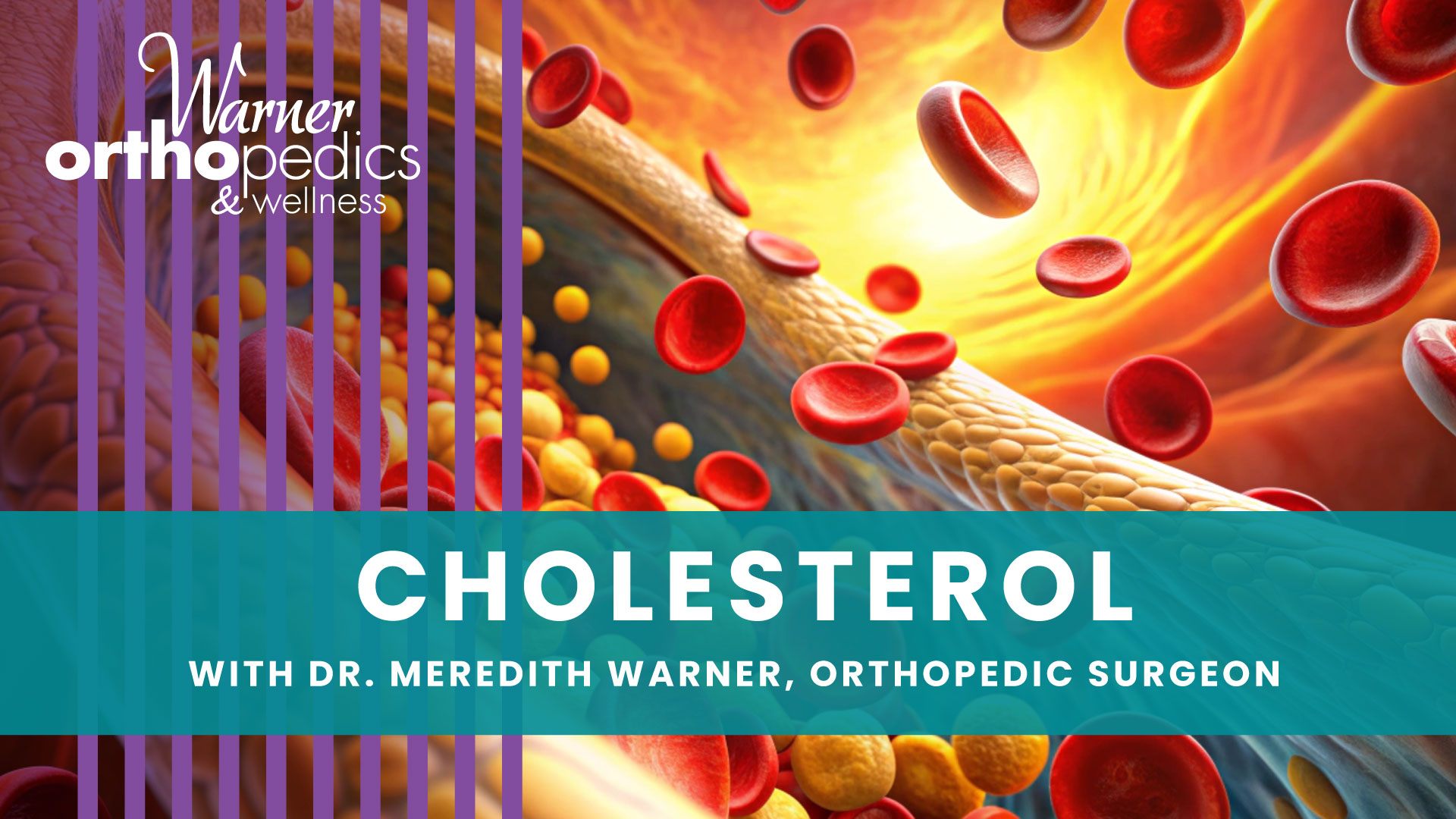Surprising Treatment Options For Migraines

Migraine headaches are one of the most common conditions across the world. It affects all ethnicities at a similar rate. Migraines are often left undiagnosed, especially in lower-income or minority communities.
Acupuncture
This traditional Chinese medicine technique is a very popular alternative medicine for many conditions. Acupuncture can be used to help manage migraine headaches. A 2012 review of randomized controlled trials was able to determine acupuncture is indeed an effective treatment for chronic pain including migraines.

Acupuncture is thought to help increase blood circulation, pain-relieving endorphins, and muscle relaxation. In one study, researchers found that “Three months following acupuncture, headache frequency decreased by at least half in 57% of acupuncture recipients and 46% who took migraine prevention drugs. At six months, 59% of acupuncture recipients saw their headaches reduced by at least half, compared to 54% of people taking migraine prevention drugs.”
https://www.cochranelibrary.com/cdsr/doi/10.1002/14651858.CD001218.pub3/full?cookiesEnabled
Sadly, like most natural or complementary methods of ameliorating symptoms of a disease, acupuncture is not covered by most insurance companies despite its safety and effectiveness.
Acupressure
Acupressure applies pressure to certain pressure points throughout the body including on the ears, hands, feet, and more. The effectiveness of acupressure is similar to that of acupuncture as it targets the same pressure points with the difference in the application being that acupuncture involves triggering these points with a needle while acupressure triggers these points with just pressure. Both methods follow an ancient tradition of correcting changes in how energy (Qi) flows through the human body. The modern theory of effectiveness is that they stimulate the central nervous system and through that the natural healing of the body.
A study in 2019, found that self-administered acupressure may be able to help those with migraines reduce fatigue.
https://www.sciencedirect.com/science/article/abs/pii/S1744388118302032
Botox
In 2010, Botox was approved by the FDA for those with chronic migraines. The FDA defines this as experiencing headaches (migraine and tension-type) on most days (at least 15 days a month) that last at least 4 hours.Botox is a neurotoxin that when ingested from spoiled food causes the deadly botulism reaction. Doctors found that when injected it can relax muscles, smooth wrinkles, and reduce tics and spasms in those with cerebral palsy.
People that used Botox for wrinkle reduction started reporting an improvement in their headaches, thus the eventual approval by the FDA for migraine and headache management. Generally, Botox is administered once every 12 weeks to dull or prevent migraines.

Botox stops the release of acetylcholine and this is thought to reduce pain signaling to the brain.
Natural Supplements In Place of NSAIDs
Most migraine sufferers will treat migraine symptoms with over-the-counter or prescription pain medications like NSAIDs. These types of pain medications come with some potentially nasty side effects when used long-term like stomach ulcers, heart issues, heart attacks, stroke, and even an increase in migraine frequency.
By instead reaching for a natural supplement that targets cellular health with antioxidant and anti-inflammatory properties, you may be able to help manage your migraine symptoms and frequency without all the side effects associated with single molecule pharmaceuticals.
One of the best antioxidant and anti-inflammatory rich supplements that Dr. Meredith Warner loves is PEA (Palmitoylethanolamide). This is a natural compound that is produced within the human body. It is a fatty acid amide
PEA is known to reduce inflammation of the nerves and this helps with neuroinflammation and inflammatory neuropathic pain. Migraine is thought to be due to a type of neuroinflammation. While PEA is not a common supplement recommended for migraines, it is believed that there is strong evidence that it could potentially assist in managing migraines.
Migraines pathophysiology might be from endocannabinoid system dysregulation. PEA is a molecule within that system and supplementing with it can reduce nerve sensitization. Other nutraceuticals effective for migraine include magnesium and coQ10.
Schedule A Consultation Today
Dr. Meredith Warner is certified in the state of Louisiana to recommend medical marijuana to qualifying patients for a variety of conditions including chronic pain, anxiety, depression, intractable pain, multiple sclerosis, and more.






